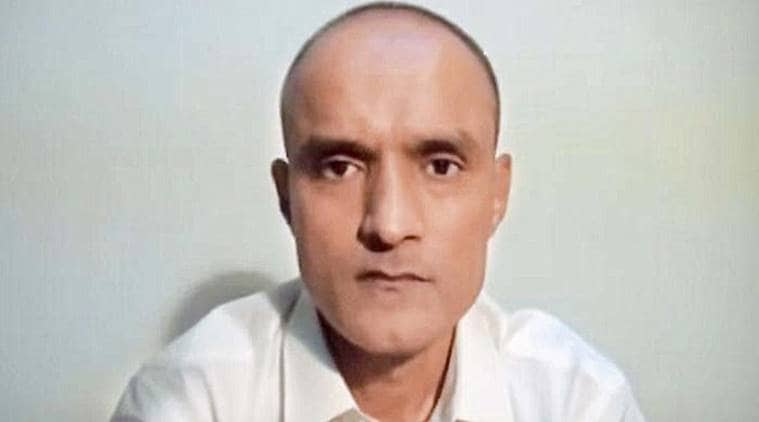
Day after the International Court of Justice (ICJ) asked the Pakistan government to review the death sentence of Indian national Kulbhushan Jadhav, Pakistan Foreign Ministry Friday said that Jadhav has been informed about his rights under the Vienna Convention, adding that he will be granted consular access.
In a verdict which is viewed as a major diplomatic win for India, the ICJ on Wednesday granted India the consular access and legal representation to Jadhav.
However, the world court rejected remedies sought by India, including annulment of military court decision convicting Kulbhushan Jadhav, his release and safe passage to India.
On the court’s decision, Prime Minister Narendra Modi said that Jadhav will get justice.
He tweeted, “We welcome today’s verdict in the @CIJ_ICJ. Truth and justice have prevailed. Congratulations to the ICJ for a verdict based on extensive study of facts. I am sure Kulbhushan Jadhav will get justice. Our Government will always work for the safety and welfare of every Indian.
READ | After Masood Azhar blacklisting, ICJ verdict in Kulbhushan case isolates Pakistan
India’s counsel Harish Salve hailed the international court’s decision and expressed his gratitude for protecting the Indian national from being executed.

“Want to start by expressing gratitude of my country to the ICJ for the manner in which it intervened in this case. It protected Kulbhushan Jadhav from being executed, in a hearing which was put together in a matter of days,” Salve said while addressing a presser.
The Ministry of External Affairs (MEA) also welcomed the judgment delivered in India’s favour by the top UN court in The Hague.
Full text: Kulbhushan Jadhav ICJ verdict
A statement by the MEA read, “We note that the Court has directed that Pakistan is under an obligation to inform Shri Jadhav without further delay of his rights and to provide Indian consular officers access to him in accordance with the Vienna Convention. We expect Pakistan to implement the directive immediately.”
Pakistan claims to have arrested Jadhav, a retired Navy officer, within its borders on March 3, 2016.
India was informed of the arrest on March 25, 2016, when the Pakistan Foreign Secretary raised the matter with the Indian High Commissioner in Islamabad. On that day, India sought consular access to Jadhav at the earliest.
In April 2017, 48-year-old Jadhav was sentenced to death on charges of espionage and terrorism.
On May 8 that year, New Delhi moved the ICJ against the “farcical trial” by Pakistan’s military court. It also raised the “egregious violation” of provisions of the Vienna Convention on Consular Relations, 1963, by Pakistan, which repeatedly denied consular access to Jadhav.